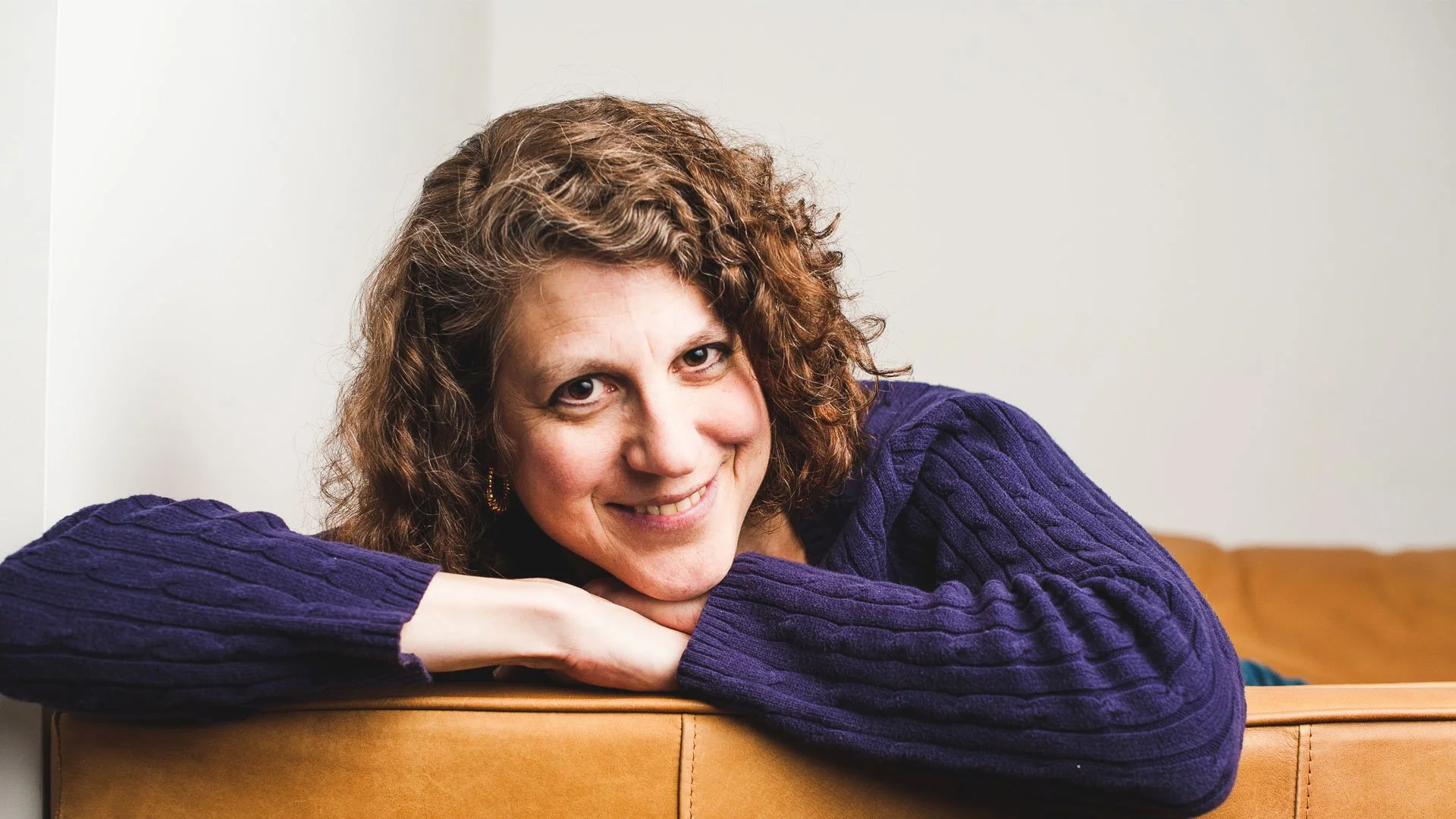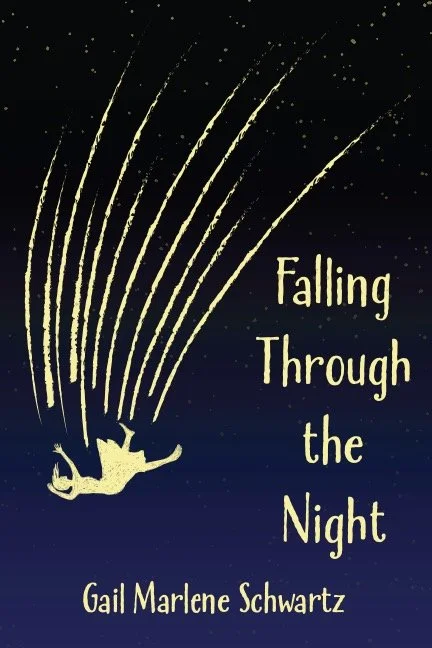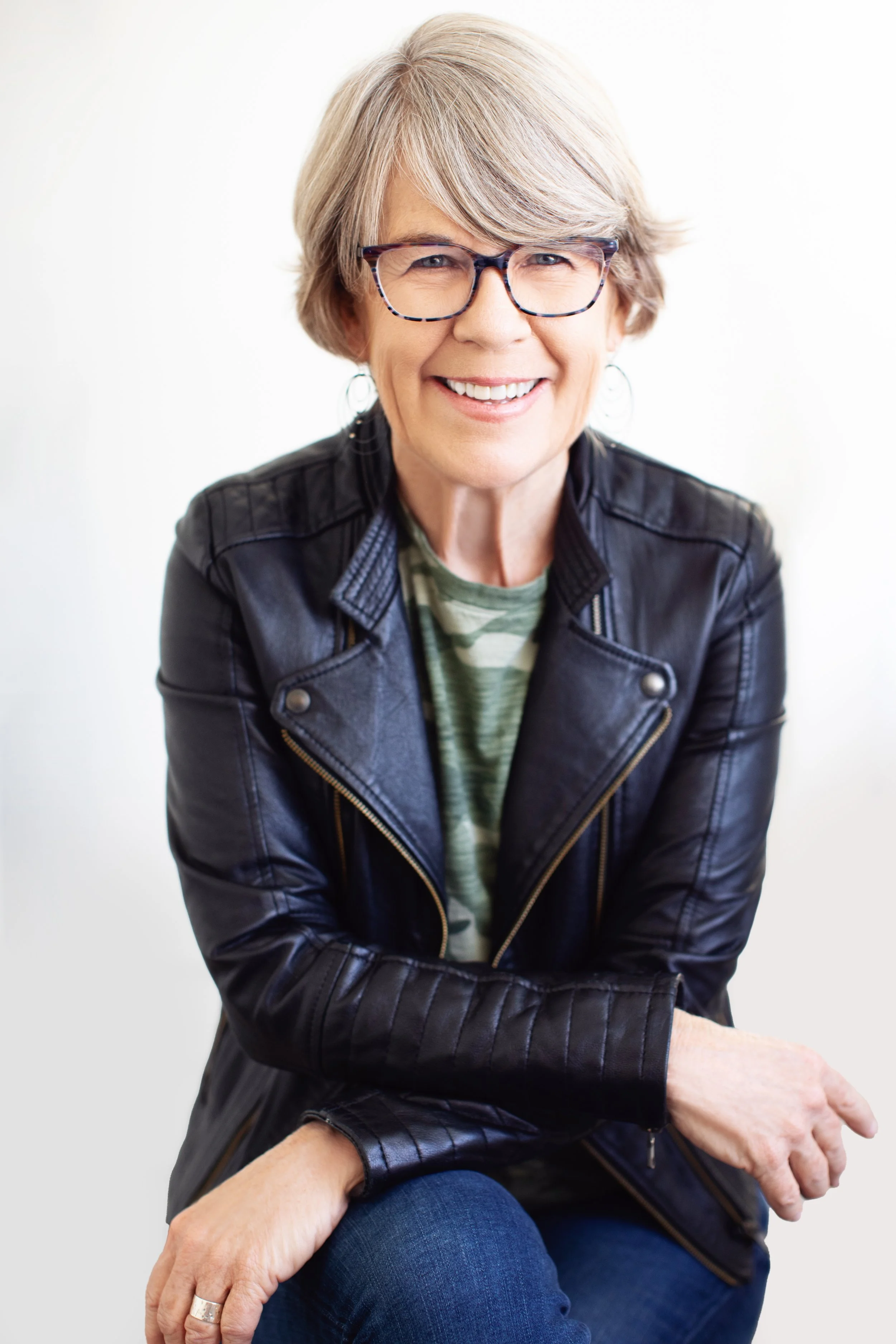Q&A with Gail Marlene Schwartz, Falling Through the Night
/You’ve previously mentioned that this book is semi-autobiographical. What parts of your experiences have you woven into your main character, Audrey? Where do you and Audrey differ?
Like Audrey, I’m an anxiety sufferer; I also fell in love with a woman from Montreal and immigrated. I had a twin pregnancy and one twin had Down Syndrome, and he went home with an adoptive family. But unlike me, Audrey is adopted with a terrific relationship with her mom, and she grew up with a psychiatric disability and identity. She’s an introvert and a visual artist, and had a lot more support in her childhood than I did.
This book heavily discusses mental health, specifically anxiety. What do you see as the most important thing in understanding anxiety?
My anxiety connects me with unmet needs; it’s a signal to stop and tune in and attend to myself. Only when I stopped seeing it as a disease and something to be gotten rid of did I actually begin to work with it and to heal. I also believe that cultural, political, social, environmental, and economic alienation can play a huge role in anxiety. I don’t see it as a personal problem, even if it’s an intensely personal experience.
Why is the chosen family such an important theme in this novel, specifically from a queer lens?
Family is the oldest and strongest mainstream social structure that we have in the U.S., and when we aren’t partnered or close to our families of origin, life can be very lonely. Chosen family was my salvation. Not only did I find people who loved me for myself, but those same people helped teach me new and healthier ways of being in relationship. Chosen family is how and why I grew up. Most straight people I know don’t consider crafting social alternatives when partnership or biological family fails; it’s a beautiful phenomenon LGBTQ people have to share.
Why did you choose to write a novel discussing more difficult topics such as mental health, addiction, and suicide?
My artistic practice is about going into the deepest truths of human experience, especially the difficult ones that are hard to talk about. I’m interested in how artists can shift calcified and outdated ways of understanding social problems through storytelling. These are also my experiences, and it’s a joy to create something out of struggle because it helps me feel like the hardship had meaning; what I lived serves my readers and their journeys.
What do you hope readers will take away from your work?
I want readers to know that even “successful” people who publish books can be a mess. I want them to walk away with hope that these struggles don’t have to mean failure, that hard stuff can be woven into the meaning and work of their lives. I want readers to laugh at the funny parts and feel uplifted. I want the book to be a mirror for their courage and the courage of those close to them. If my work is a tiny part of changing the conversation about mental health, I will die a happy woman.
To get a copy of her book, Falling Through the Night, you can go to Amazon or Bookshop.org.
Meet the Author
Gail Marlene Schwartz is a dual citizen, a relationship artist, and an above-average pianist. She is co-author of the books My Sister’s Girlfriend and The Loudest Bark (Rebel Mountain Press) and co-editor of the forthcoming essay collection, Boyhood Reimagined: Stories of Queer Moms Raising Sons (Motina Books). She is a founding editor of Hotch Potch Literature and Art, a collaborative online magazine, and also a freelance editor, writing coach, and writing instructor at the Community College of Vermont. Gail lives in Montpelier, Vermont with her partner, Erin; she spends every other weekend in Montreal with her best friend, Lucie, and their teenage son, Alexi. You can read more about her at gailmarleneschwartz.com.
Follow Gail Marlene Schwartz on social media:
Twitter: @GSchwartzauthor | Instagram: @gailmarleneschwartzauthor
















